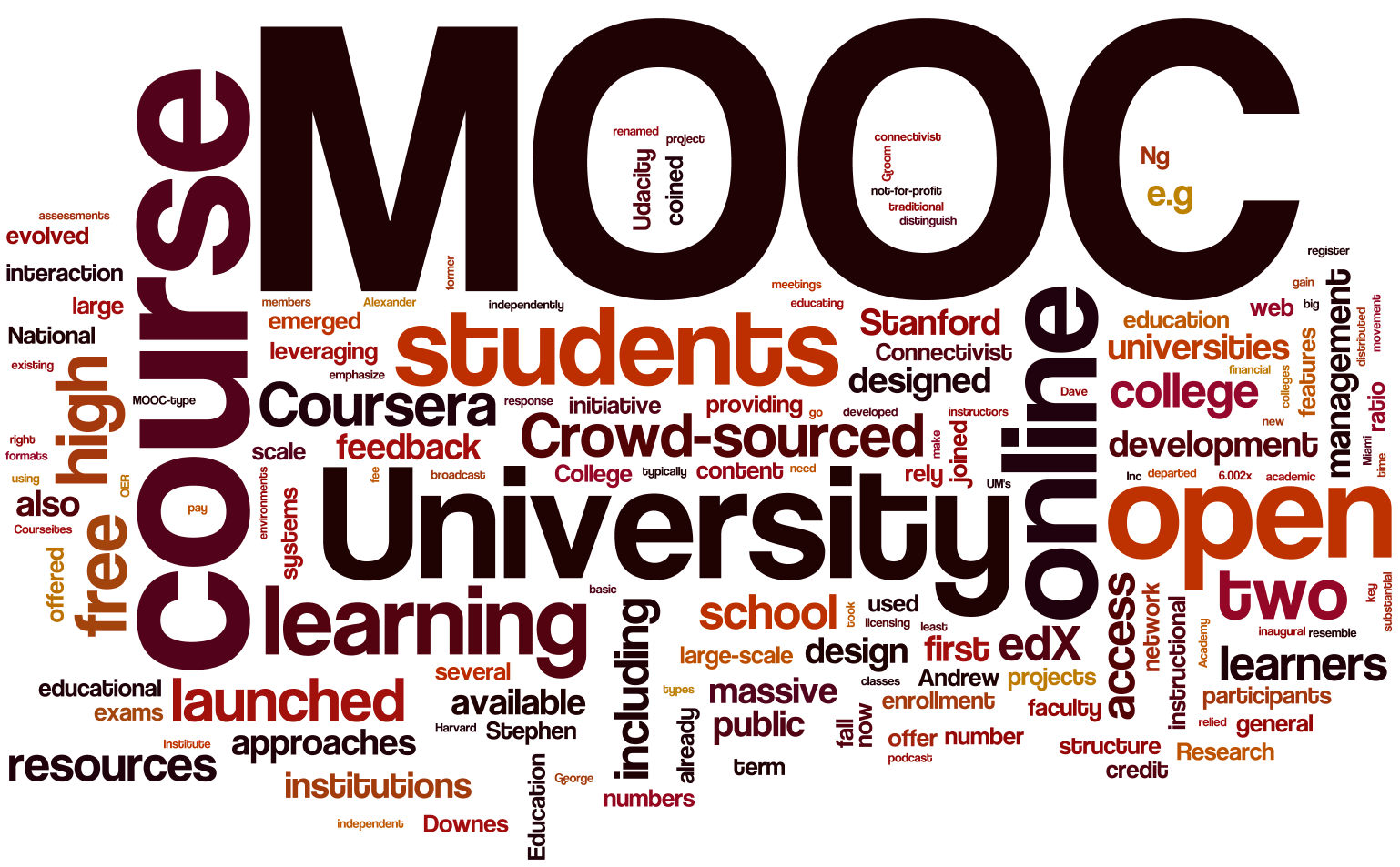Central University of Kashmir (CUKashmir) Vice-Chancellor, Prof. A Ravinder Nath said the Massive Open Online Courses (MOOCs) and digital content are revolutionizing the higher education by making it more accessible, flexible, and relevant to current and future needs.
“The online content is empowering learners across the country with the quality learning, knowledge and skills necessary to succeed in today’s fast-evolving world,” Prof. A Ravinder Nath, said while interacting with the contractual faculty members and discussing the significance and usage of MOOCS and other online contents in the ever evolving higher education sector.
Pertinently, the university will be organising a two-day orientation programme for these faculty members in collaboration with the EMMRC, University of Kashmir, from 18th of July, to acquaint them with the preparation of the digital content at EMMRC.
In his presentation Self Access Interactive Learning, Prof. A Ravinder Nath, said, the flexibility offered by digital content allows students to learn at their own pace and on their own schedule. “This is advantageous especially for working professionals seeking to upskill without interrupting their careers. Self-paced learning accommodates diverse schedules and learning speeds, making education more adaptable to individual needs,” he further said. CUKashmir Vice Chancellor added that the focus on practical skills and real-world applications ensures that learners are well-prepared for the modern job market.
Prof. A Ravinder Nath, said the learners can access courses from top universities and institutions worldwide, gaining a global perspective and networking opportunities. “Platforms like SWAYAM promote MOOCs, ensuring widespread availability and encouraging lifelong learning.”
CUKashmir Vice-Chancellor, further said that in order to realize the dream of Viksit Bharat @ 2047, the higher educational institutions, which play a pivotal role in developing and shaping the human resource of the country, have to prepare the best online contents for dissemination among the student’s community.
Speaking on the occasion, Dean Academic Affairs, Prof. Shahid Rasool, asked the faculty members to learn the nuances of the e-content in the scheduled orientation programme at the EMMRC. He said the university is in the process of creating a unique model about blended mode of education, which will be followed by other institutions of higher learning. “The pressure to meet international standards has driven Indian institutions to improve their course quality and adopt innovative teaching methodologies,” he said, adding that MOOCs have democratized education, offering students from various backgrounds access to top-tier courses regardless of geographical location.
Head Department of Communication & Journalism, Dr. Arif Nazir, said the cost-effectiveness in these courses reduce financial barriers, making education more accessible to a larger population. “A vast array of subjects, from traditional disciplines to cutting-edge technologies, provides learners with diverse learning opportunities, through the online content,” he added. Sr. Asst Prof. Dr. Asif Khan, DCJ, presented the vote of thanks.

